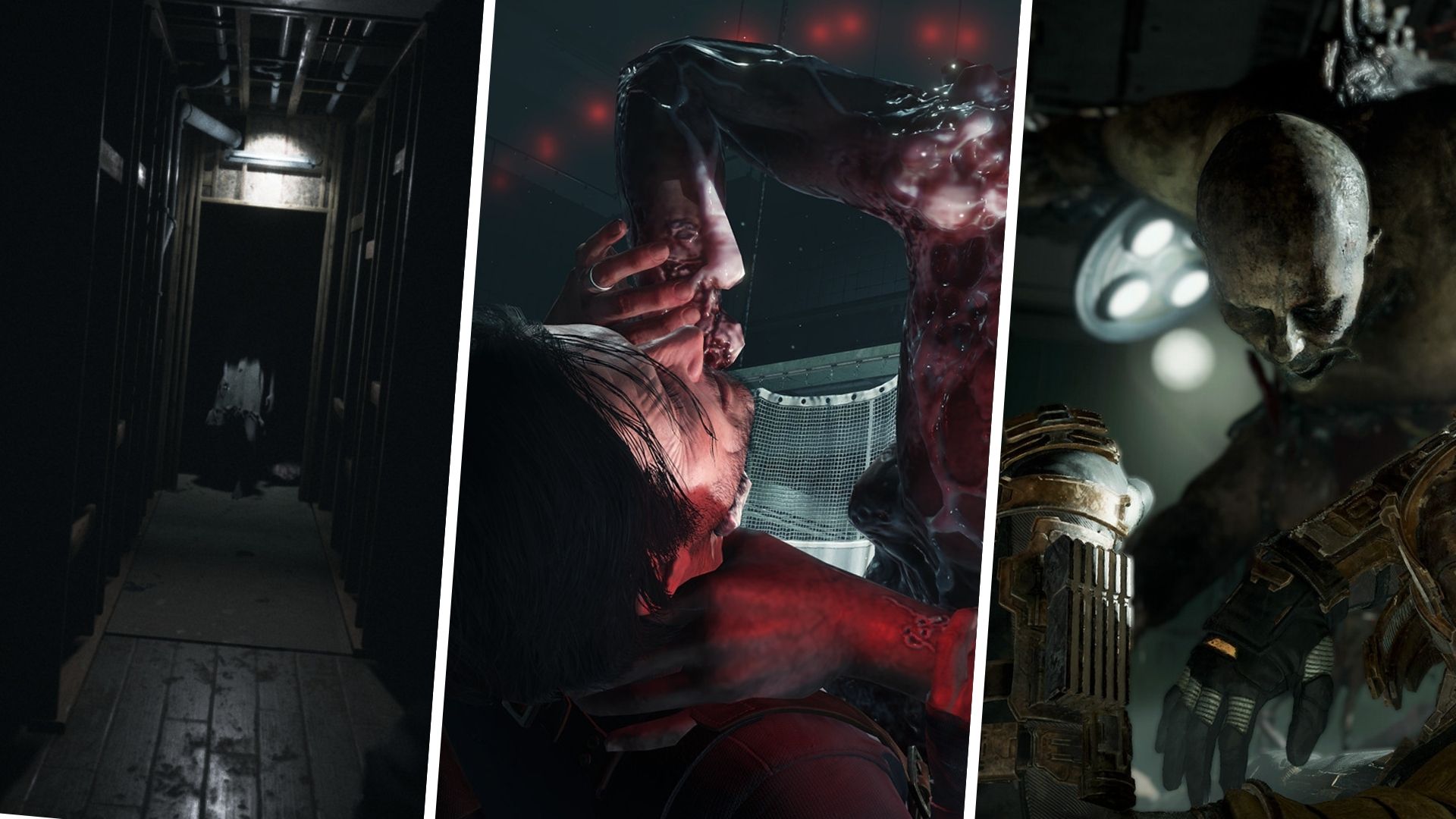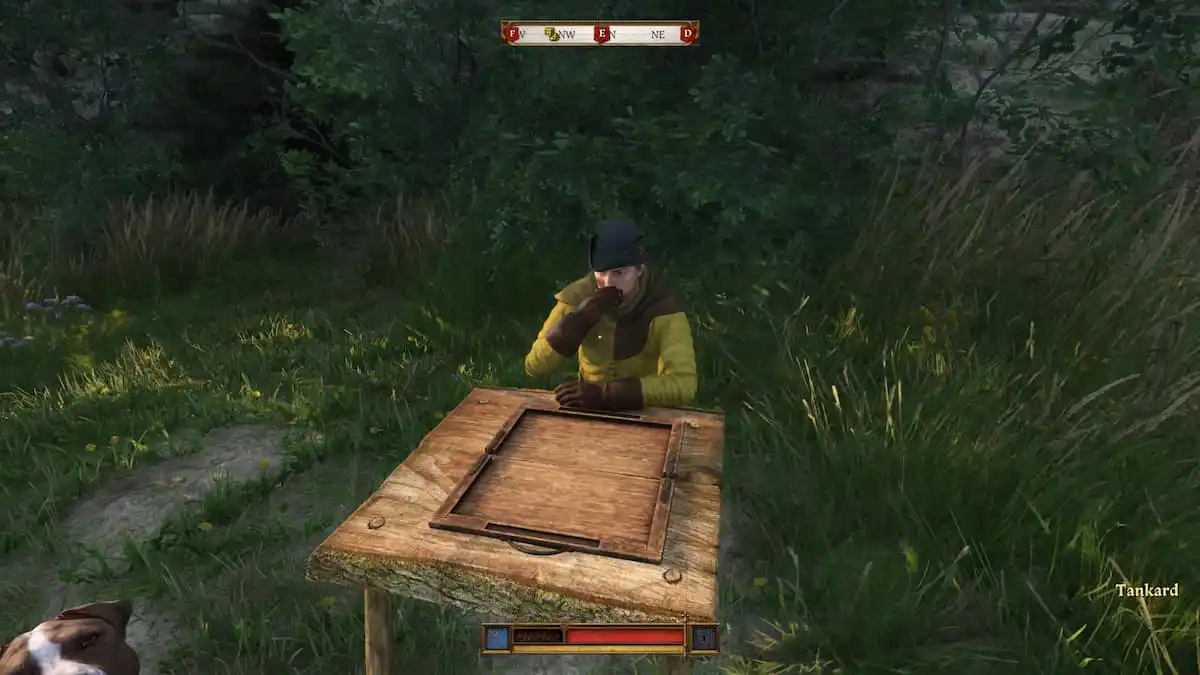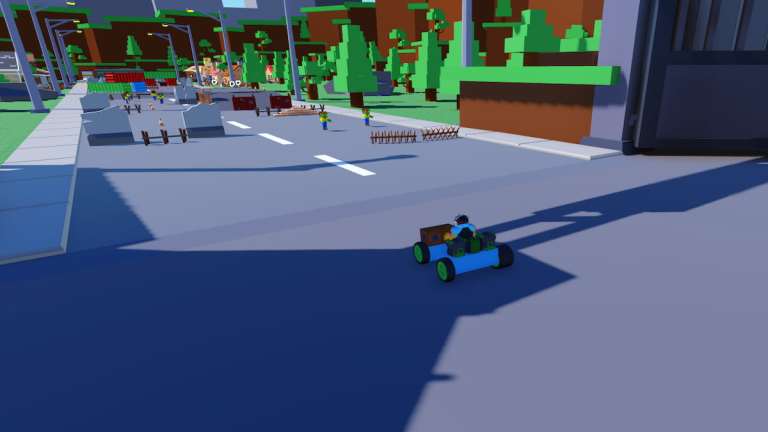German court allows nonprofit LAION to scrape copyrighted images for AI training
Today, with the rapid development of artificial intelligence, a court ruling in Hamburg, Germany, has brought new discussions to the collection and use of AI training data. This case not only triggered public reflection on the relationship between AI and copyright, but also provided an important reference for the legal framework for future AI development.
The cause of the incident was that the non-profit organization LAION downloaded a copyrighted image from an image agency website without authorization. LAION paired this image with an associated description and included it in a free dataset called LAION-5B. This huge data set contains up to 5.85 billion image and text combinations and is widely used for AI training.

Picture source note: The picture is generated by AI, and the picture is authorized by the service provider Midjourney
Faced with a copyright infringement claim against a photographer, the Hamburg Regional Court issued a surprising verdict. Although the court admitted that LAION's behavior involved copyright-related copying, it determined it to be text and data mining permitted for non-commercial scientific research in accordance with Article 60d of the German Copyright Act. The court placed particular emphasis on LAION's specific methods of operation rather than its organizational structure. Because the data sets released by LAION are free and used for research purposes, they do not pursue commercial interests.
It is worth noting that even if there are commercial companies using this data set, the court still insisted that this does not affect the non-profit nature of LAION. This view undoubtedly provides important support for AI research institutions in data collection.
However, this ruling does not fully resolve all issues. The court did not rule on whether the broader text and data mining exception to Article 44b could apply. This provision permits the copying of legally obtained works for text and data mining, but requires that such copies be deleted when they are no longer needed. At the same time, rights holders can retain usage rights by providing a machine-readable notice in their online works. The court expressed doubt that the photo agency website provided such a notice.
Given the importance and controversial nature of the case, the photographer is likely to appeal to a higher court. Although this ruling brings hope for research institutions to collect AI training data, there are still questions about whether for-profit companies can also do so. Especially companies like OpenAI, which use copyrighted data from the Internet for training without permission, may face more legal challenges.
There are currently several lawsuits pending in this area, the most notable of which is the legal battle between the New York Times and OpenAI. The outcomes of these cases will have a profound impact on the future development of the AI industry.
This German court ruling provides a new perspective on the relationship between AI and copyright. It not only involves the balance between technological innovation and intellectual property protection, but also reflects how the law adapts to the rapidly changing technological environment. With the continuous development of AI technology, there may be more and more similar legal and ethical issues, which need to be discussed and resolved by all sectors of society.
In the future, we may need to find a balance between promoting AI innovation and protecting the rights of creators. This may involve revisions to copyright laws, the establishment of new licensing mechanisms, or the exploration of new cooperation models between AI companies and content creators. In any case, this case undoubtedly shows us the complex legal and ethical challenges faced in the development of AI, and also provides an important reference for the formulation of relevant policies in the future.
-
 It's the spooky time of the year, so here are some of the best horror games you can play to give yourself a good scare.
It's the spooky time of the year, so here are some of the best horror games you can play to give yourself a good scare. -

Moon House Room Escape Walkthrough
Solve the Moon House apartment tour puzzle! -

How to Play Dice in Kingdom Come Deliverance 2: All Badges & Scoring Combos
If you're wondering how to play dice in Kingdom Come: Deliverance 2, here's what you need to know about that. -

How to make a car in Build a Car to Kill Zombies
Zombie Stampede!
